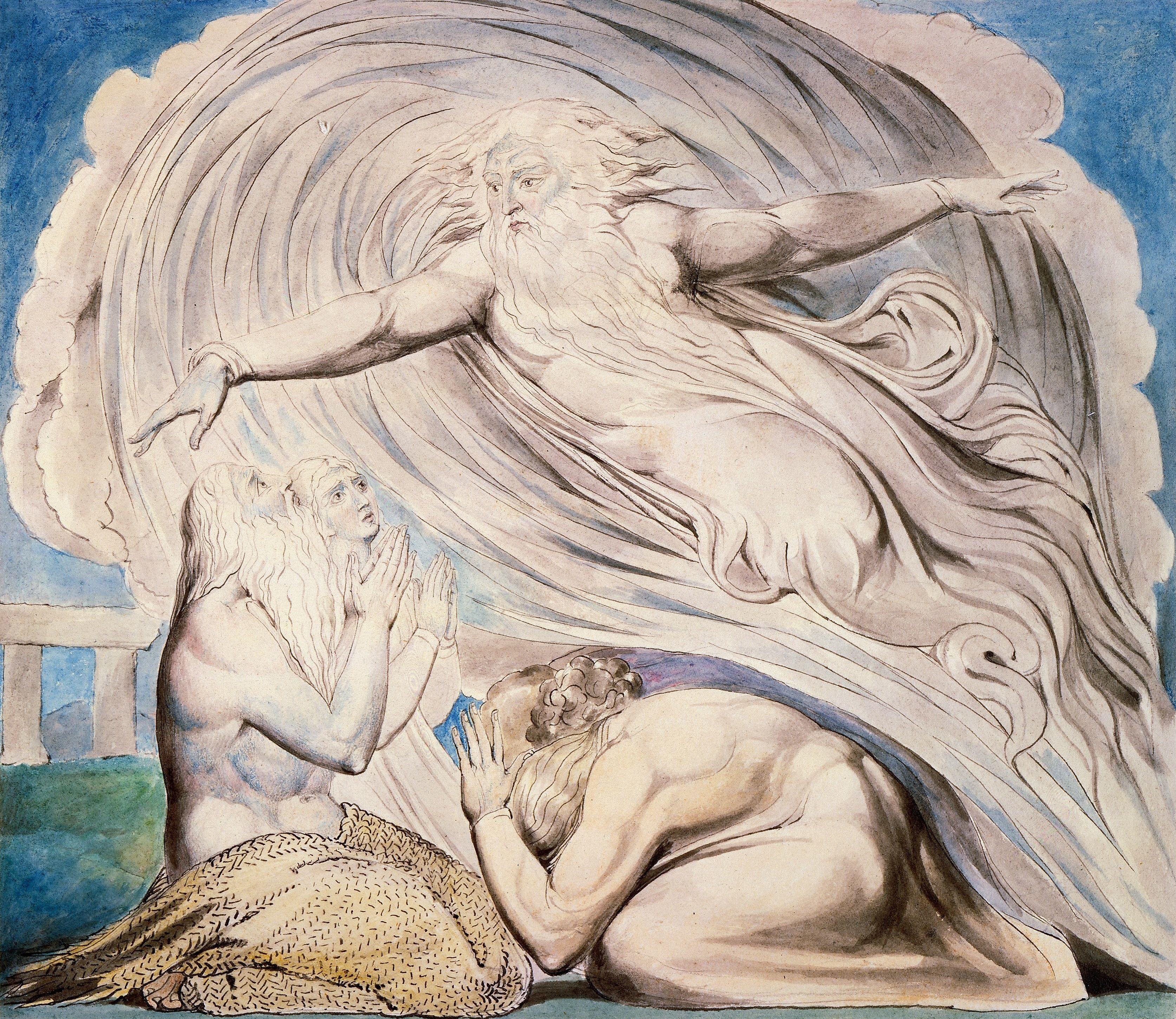Trust and Doubt in the Drama of Faith
Presenter Status
Professor of Theological Studies
Location
Biology Amphitheater, Price Hall
Start Date
24-10-2015 10:45 AM
End Date
24-10-2015 11:15 AM
Description
When people regard certainty as the mark of true faith, they often think of doubt as an obstacle to faith, or worse, as the enemy of faith. Careful examination, however, reveals that doubt can actually contribute to the experience. If we think of faith as having cognitive, receptive, and “concessive” qualities, several things follow. Doubt can help faith to grow by requiring us to think carefully about what we believe. Doubt can prevent us from regarding our faith as a human achievement. And doubt can remind us that faith involves a confidence that evidence never fully justifies. If doubt has a role to play in faith, trust has a role to play in science. The conventional idea that legitimate science never claims more than evidence fully supports overlooks the fact that science, by its very nature, rests on convictions that lie beyond empirical demonstration--convictions that must be assumed, or taken on trust. The recognition that trust and doubt have roles to play in both science and religion can help us avoid oversimplifying either realm of our experience. And it may also prevent us from misrepresenting the differences between them. While these differences are not inconsequential, it is not the case that one exemplifies intellectual responsibility and the other does not.
Trust and Doubt in the Drama of Faith
Biology Amphitheater, Price Hall
When people regard certainty as the mark of true faith, they often think of doubt as an obstacle to faith, or worse, as the enemy of faith. Careful examination, however, reveals that doubt can actually contribute to the experience. If we think of faith as having cognitive, receptive, and “concessive” qualities, several things follow. Doubt can help faith to grow by requiring us to think carefully about what we believe. Doubt can prevent us from regarding our faith as a human achievement. And doubt can remind us that faith involves a confidence that evidence never fully justifies. If doubt has a role to play in faith, trust has a role to play in science. The conventional idea that legitimate science never claims more than evidence fully supports overlooks the fact that science, by its very nature, rests on convictions that lie beyond empirical demonstration--convictions that must be assumed, or taken on trust. The recognition that trust and doubt have roles to play in both science and religion can help us avoid oversimplifying either realm of our experience. And it may also prevent us from misrepresenting the differences between them. While these differences are not inconsequential, it is not the case that one exemplifies intellectual responsibility and the other does not.




Comments
Richard Rice is Professor of Religion at Loma Linda University. He has degrees from Andrews University (MDiv) and the University of Chicago Divinity School (MA; PhD). His areas of particular interest are the doctrine of God and the theology of suffering. His latest book is Suffering and the Search for Meaning: Contemporary Responses to the Problem of Pain (Intervarsity Academic, 2014). Among his other publications are Reason and the Contours of Faith (reprint ed., Wipf & Stock, 2013) and “The Scientist as Believer,” an essay which received a Templeton Foundation prize in 2000. He and his wife Gail, who is also on the faculty of Loma Linda University, have two children and four grandchildren.